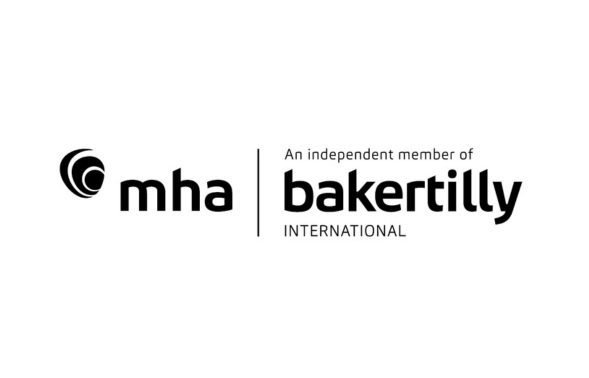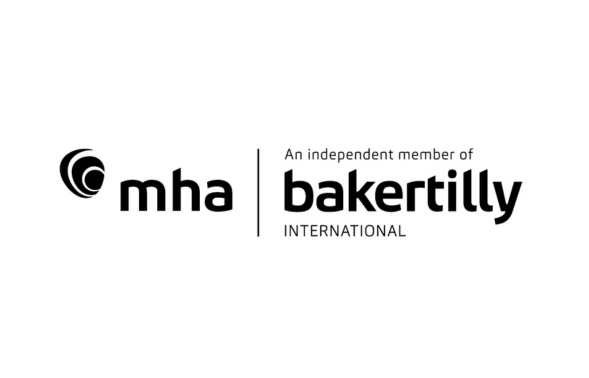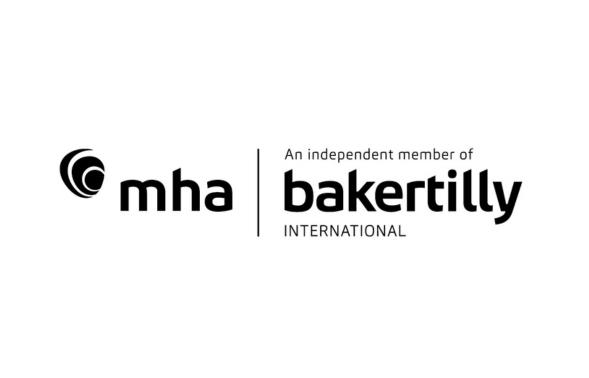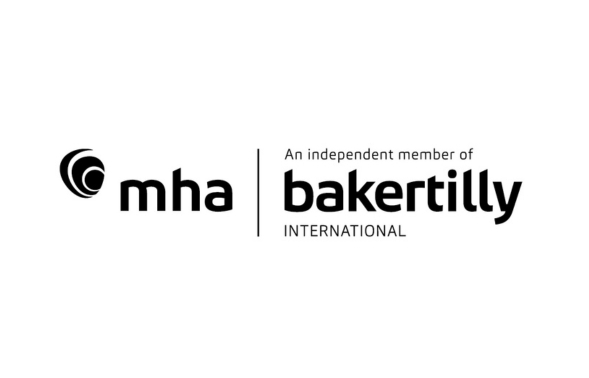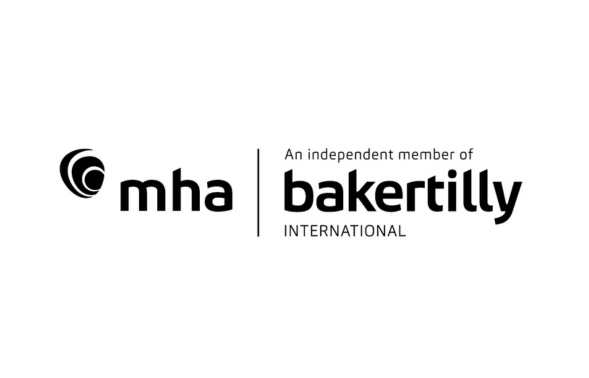A lasting power of attorney – a legal document that lets an individual appoint someone to make decisions on their behalf should they become unwell or lose mental capacity – is as important as a will in ensuring comprehensive financial security and management.
However, in a survey of more than 1,000 people with a parent aged 60 or over[i], 61% admitted they had not formally discussed whether their elderly relatives have a lasting power of attorney in place[ii] – shockingly, 48% of these had no discussions, while 13% had only done so in passing.
Farhana Fayaz, private client solicitor and Court of Protection specialist at Mayo Wynne Baxter, said: “It can be difficult to envisage a time when you are not well enough to make decisions for yourself and appointing people to manage your finances should that happen can be the last thing on your mind.
“However, accidents and illnesses can happen to anyone at any time. Unless you are under the age of 18, no one automatically has the right to make decisions on your behalf should you lose mental capacity or go into hospital for an extended period of time and need help paying bills – even if they are your spouse, parent or child.
“The only way someone can do this for you is if you have appointed them as your attorney in a lasting power of attorney legal document. If you lose mental capacity or become unwell without one in place, your loved ones will be forced to apply to the Court of Protection to manage your affairs, which is an expensive, time-consuming and stressful process.”
The research has found that just 1 in 7 people (13%) had formalised a lasting power of attorney for themselves. A further 30% said they plan on preparing one once they are aged over 60, despite the average healthy life expectancy being 63; 1 in 5 (17%) said they will do so when their health starts deteriorating; and 14% said they had no plans to ever put one in place.
Farhana said: “Regardless of age, everyone must consider making a lasting power of attorney. It offers crucial financial protection and, without one in place, your money will be locked away without anyone being able to touch it, even if it is needed to pay for your care.
“Leaving this exercise until you begin to feel unwell or mental capacity starts to become an issue is too late. While it is a sensitive and complex document that lasts for your entire lifetime, it offers vital protection. It is best to seek the help of a professional when writing one and ensure it is kept under regular review.”
For more information, please visit www.mayowynnebaxter.co.uk.
[i] The research was conducted by Censuswide on behalf of Mayo Wynne Baxter with 1,000 people with a parent aged 60 or over. Censuswide abides by and employs members of the Market Research Society, which is based on the ESOMAR principles, and is a member of The British Polling Council.
[ii] 61% comprises 48% who said they have had no discussions with their parents about whether they have a lasting power of attorney in place and 13% who said they had only discussed in passing.


